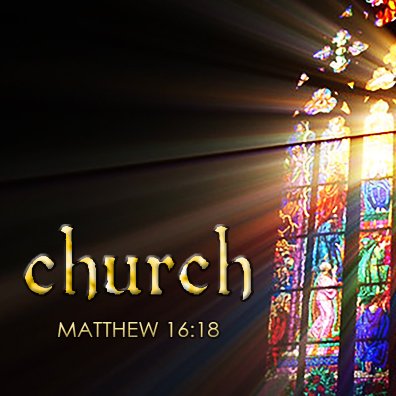Treasures in Heaven
Burning Questions: Week 5
Sunday, July 31, 2022
Luke 12:13-34, Matthew 6:24
No one can serve two masters. Either you will hate the one and love the other, or you will be loyal to the one and have contempt for the other. You cannot serve God and wealth.
Matthew 6:24 (CEB)
Listen to this week’s sermon here:
____________________
John Wesley’s Three Rules
for Faithful Stewardship of Money
(excerpts from “Use of Money”, a sermon by John Wesley)
I. “Gain all you can.” We ought to gain all we can gain, without buying gold too dear, without paying more for it than it is worth. But this it is certain we ought not to do; we ought not to gain money at the expense of life, nor (which is in effect the same thing) at the expense of our health… We are, Secondly, to gain all we can without hurting our mind any more than our body... We are. Thirdly, to gain all we can without hurting our neighbour… Gain all you can, by common sense, by using in your business all the understanding which God has given you.
II. “Save all you can.” Having gained all you can, by honest wisdom and unwearied diligence, the second rule of Christian prudence is," Save all you can."… Do not waste any part of so precious a talent merely in gratifying the desires of the flesh; in procuring the pleasures of sense of whatever kind… or in gratifying the desire of the eye... Lay out nothing to gratify the pride of life, to gain the admiration or praise of others.
III. “Give all you can.” But let not anyone imagine that one has done anything, barely by going thus far, by "gaining and saving all he can," if one were to stop here. All this is nothing, if one go not forward, if one does not point all this at a farther end. Nor, indeed, can anyone properly be said to save anything, if one only lays it up. You may as well throw your money into the sea, as bury it in the earth… If, therefore, you would indeed "make yourselves friends of the mammon of unrighteousness," add the Third rule to the two preceding. Having, First, gained all you can, and, Secondly saved all you can, Then "give all you can."… As you yourself are not your own, but God’s, such is, likewise, all that you enjoy. Such is your soul and your body, not your own, but God's. And so is your substance in particular. And God has told you, in the most clear and express terms, how you are to employ it for him, in such a manner, that it may be all an holy sacrifice, acceptable through Christ Jesus.
No more sloth! Whatsoever your hand finds to do, do it with your might! No more waste! Cut off every expense which fashion, caprice, or flesh and blood demand! No more covetousness! But employ whatever God has entrusted you with, in doing good, all possible good, in every possible kind and degree to the household of faith, to all people! This is no small part of "the wisdom of the just." Give all ye have, as well as all ye are, a spiritual sacrifice to Him who withheld not from you his Son, his only Son: So "laying up in store for yourselves a good foundation against the time to come, that ye may attain eternal life!"
Questions for Self-Examination:
How am I guarding against greed instead of obsessing over fairness?
How does my awareness of my own mortality affect my relationship with money?
What makes me feel secure or insecure.
In what ways do I acknowledge that even my hard-earned, well-earned, self-earned wealth comes from God and belongs to God.
How am I prioritizing my connection with others over personal gain
How often do I dialog with God about my financial resources instead of relying solely on my own planning?





